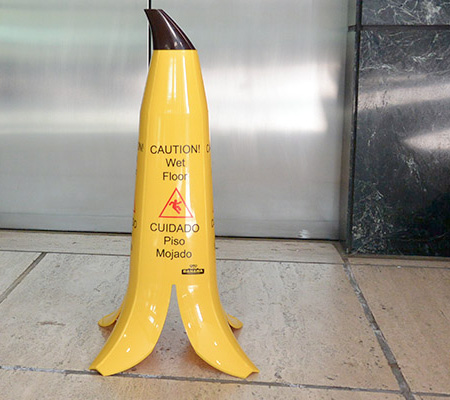

Note: It's important to make sure your tea bags are made from biodegradable, compost-safe materials before adding them to your compost. Nutrient-rich with minerals like potassium, phosphorus, and nitrogen, tea leaves can help maintain moisture levels, boost oxygen levels, and increase the speed of decomposition. If drinking tea is part of your everyday routine, you may want to consider saving the steeped tea bags to toss into your compost bin. Jewell does recommend limiting things like “dairy, oils, dressings, or other fats to avoid impeding the decomposition and lively microbial activity.” Additionally, the Environmental Protection Agency (EPA) also recommends limiting meat or fish bones and scraps, as they create odor problems and attract pests such as rodents and flies (more on this below). Go ahead and discard all your undressed vegetables, grains, and pasta, as well as boneless pieces of lean meat and protein. But composting leftovers in your own kitchen is an excellent idea as well, even if you're cooking in a smaller scale. restaurants generate an estimated 22 to 33 billion pounds of food waste each year. According to the Natural Resources Defense Council (NRDC), U.S. In recent years, commercial composting bins have become more commonplace in businesses, especially in restaurants. Though items like tough pistachio shells may take several years to decompose, crushing them before adding them to the bin can help speed up the process and meld into the soil more uniformly.

Nuts, nutshells, and grains will all greatly benefit your compost ecosystem, as each of these can impart important nutrients in your soil. According to Jennifer Jewell, author of The Earth in Her Hands: 75 Extraordinary Women Working in the World of Plants and host of the award-winning radio program and podcast, Cultivating Place: Conversations on Natural History and the Human Impulse to Garden, “If you have a small space and you are using traditional outdoor composting methods-rather than vermicomposting, which uses earthworms in a bin-you might want to avoid fruits and vegetables that have very tough rinds or large seeds.” Typically most varieties are safe to add, depending on the type of composting system you have at home, though ther e are some fruits that are better for composting than others. Most fruits-from apples and bananas to pears, grapes, and berries-provide compost with plenty of nutrients that will enrich your soil.
WELLS BANANA ACCOUNTING DEPARTMENT PLUS
To make composting a breeze, we’ve gathered the best foods for compost, plus other fodder that can supply your garden and the planet with vital nutrients for rejuvenated growth. Whether you have a well-developed green thumb or are just getting into gardening, composting can help cut your costs and keep your beloved plant babies thriving-all while reducing harmful methane emissions caused by wasted food.


 0 kommentar(er)
0 kommentar(er)
